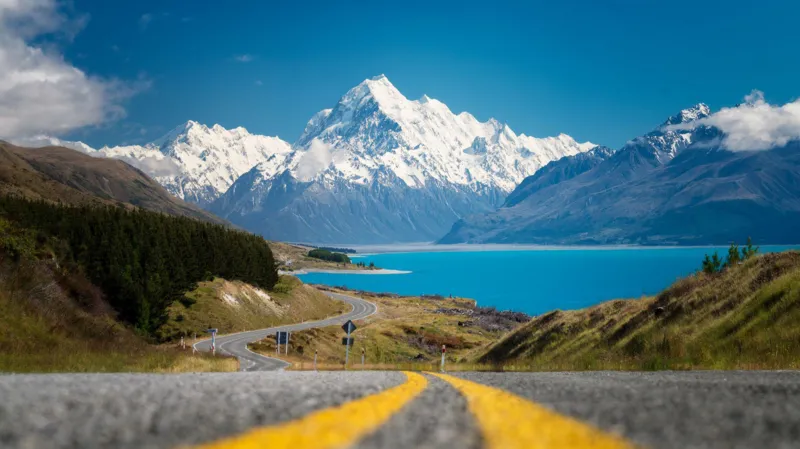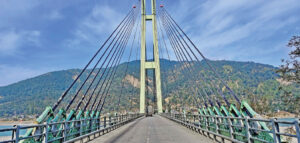
he country is extremely popular for its Māori culture and emotional view, counting icy masses, mountains, volcanoes and lakes.
But its area in the South Pacific and related long-distance discuss admissions have regularly postured a boundary for visitors.
“New Zealand’s tourism recuperation is falling behind the rest of the world, and this will advance scratch our worldwide competitiveness,” said Rebecca Ingram, the association’s chief executive.
New Zealand to begin with presented the exact in 2019, as it hooked with the affect of expansive numbers of guests on its framework, environment and communities.
During the coronavirus widespread, the nation closed its borders for two and a half a long time and didn’t permit outside guests to return until Admirable 2022.
The nation has been battling to return to the guest levels it saw some time recently the widespread, with fair beneath three million worldwide guests in 2023, generally three-quarters of pre-pandemic levels.
Tourism Serve Matt Doocey contended the modern charge fetched would not be a tremendous deterrant, as NZ$100 would make up less than 3% of most tourists’ normal spend in the country.
He said it remained competitive compared with nations such as Australia and UK, and he remained “confident Modern Zealand will proceed to be seen as an appealing guest goal by numerous around the world”.
The assess does not require to be paid by guests from Australia and the Pacific. Most guests to Unused Zealand are from Australia, the Joined together States, China and Fiji.
The expanded costs will come on beat of isolated visa expenses for a few guests which are moreover rising from 1 October.
New Zealand is not the as it were put where visitor charges exist.
Other nations that charge sightseers incorporate Indonesia, Spain, France, Austria, Croatia, Costa Rica, Iceland and Italy.
In most places, the charge is included as portion of convenience, visa or plane ticket costs.
In April, Venice propelled a trial where day trippers were charged a €5 assess to visit the city on top days, in a offered to combat the impacts of over-tourism.
Related
These ladies were guiltless, and he was a monster’: How history got Henry VIII wrong







